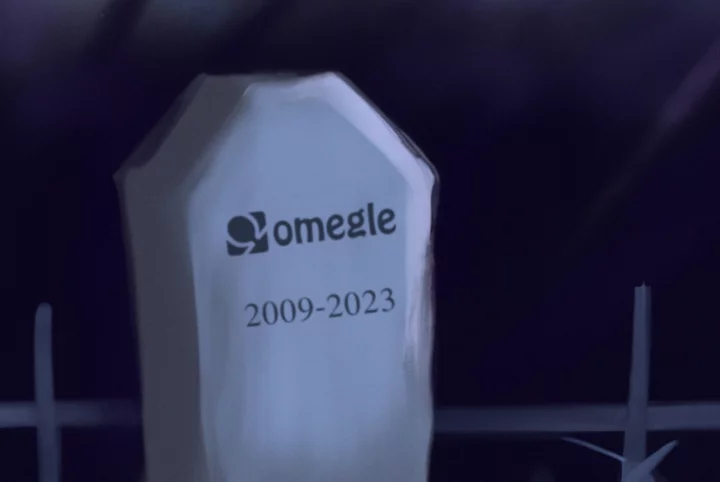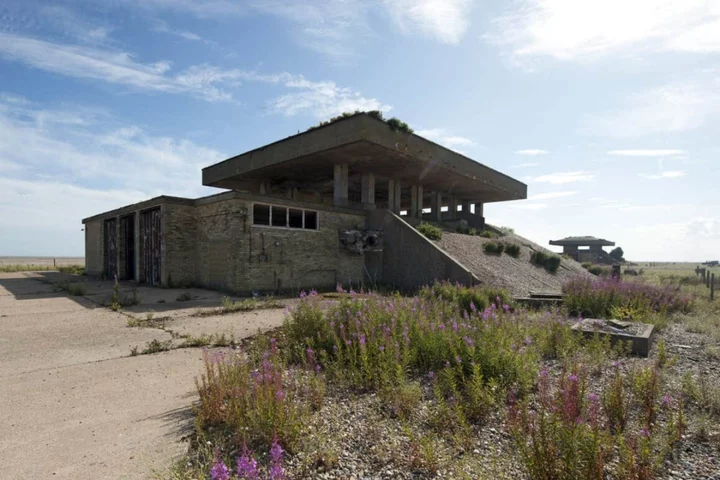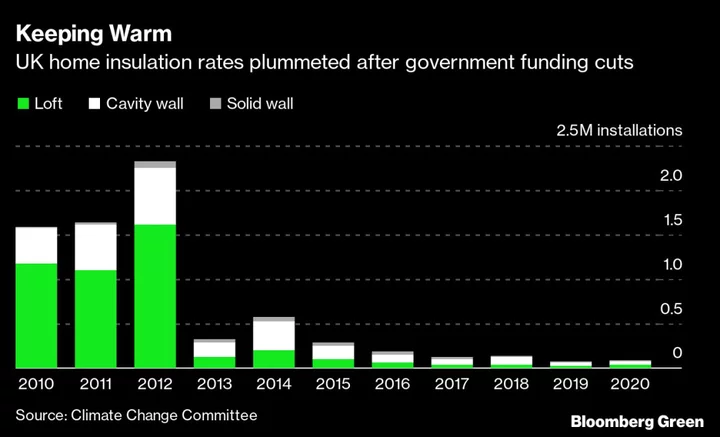Omegle, a popular website used to video chat with strangers, is shutting down after almost 15 years.
The closure comes amid increasing criticism that the site endangered its users, with reports of child sexual abuse and other crime on the platform.
Omegle allowed users to sign up and then be launched into a video chat with another stranger using the site. The two could chat for as long as they wished – until they ended that conversation and embarked on a new one.
The app was launched in 2009, and became popular almost straight away. Its founder said that its popularity was a result of “meeting new people being a basic human need”.
Quickly, however, it became known for explicit and other criminal content. Leif K-Brooks, the company’s founder, admitted that Omegle had been misused, “including to commit unspeakably heinous crimes”.
The site attempted to introduce new features to stop that misuse, such as “monitored chats” that would allow moderators to try and stop criminals using the site. But they did not work, and the site continued to receive criticism for its lack of safety.
Now Mr K-Brooks has said that the criticism has become too much, and Omegle will shut down. The intensity of the fight over use of the site had forced him to decide to shut it down, he said, and it will stop working straight away.
“As much as I wish circumstances were different, the stress and expense of this fight – coupled with the existing stress and expense of operating Omegle, and fighting its misuse – are simply too much. Operating Omegle is no longer sustainable, financially nor psychologically. Frankly, I don’t want to have a heart attack in my 30s,” wrote Leif K-Brooks, who has run the website since founding it.
Omegle saw a huge surge in popularity during the pandemic, as people not only flocked to the site but recorded their interactions and shared them on social media. But that popularity also brought more awareness of the problems on the site, and increased criticism of it.
Mr K-Brooks acknowledged that criticism. But he also suggested that at least some of it was in bad faith, and that it was intended to force the site to shut down.
“In recent years, it seems like the whole world has become more ornery. Maybe that has something to do with the pandemic, or with political disagreements. Whatever the reason, people have become faster to attack, and slower to recognize each other’s shared humanity. One aspect of this has been a constant barrage of attacks on communication services, Omegle included, based on the behavior of a malicious subset of users,” he wrote.
He said that the site had been shut down on the basis of “fear”. “If something as simple as meeting random new people is forbidden, what’s next?”, he wrote, comparing the end of Omegle to “shutting down Central Park because crime occurs there – or perhaps more provocatively, destroying the universe because it contains evil”.
The decision to shut down Omegle comes amid increasing concern about regulation of the internet and how best to protect its users. It comes just days after the introduction of the UK’s Online Safety Act, for instance, which aims to hold platforms to account for crimes on their platform, including online grooming.









